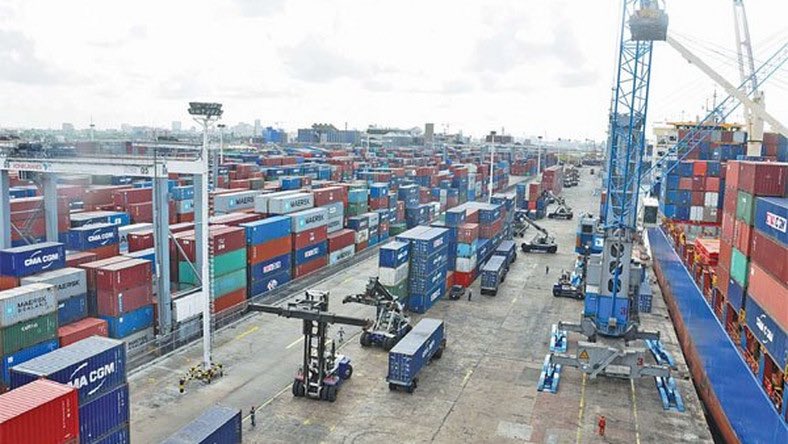By David Mwanje
The Uganda Revenue Authority (URA) has launched a critical relief initiative for individual importers whose goods are stuck in customs warehouses due to mismanaged group container shipments.
Announced by URA Commissioner General John Musinguzi at a lively gathering at Sendaula Hall in Kampala, the relief window open until June 30, 2025 allows traders to prove cargo ownership with valid affidavits, pay outstanding taxes, and reclaim their goods, offering a lifeline to businesses ensnared by non-compliant container leaders.
Addressing a crowd of container leaders, freight forwarders, and members of the Kampala City Traders Association (KACITA), Musinguzi revealed that over 130 containers remain impounded at customs stations across Uganda. These shipments were seized after group leaders failed to accurately declare goods or settle taxes, leaving honest traders grappling with mounting penalties. “This isn’t fair to those who played by the rules,” Musinguzi said. “Our goal is to free up these goods and keep businesses moving forward.”
The initiative builds on URA’s recent reforms requiring individual Tax Identification Numbers (TINs) for group shipment declarations, which have cleared over 3,400 shipments since implementation.
Hajji Kisitu Asadu, Acting Commissioner for Customs, noted the broader impact that this relief not only supports traders but strengthens domestic revenue mobilization, aligning with Uganda’s economic priorities.
The 2025/26 budget, presented on June 12, 2025, bolsters this effort with UGX 1.2 trillion allocated to modernize customs systems and clear payment backlogs, reflecting the government’s commitment to trade facilitation. Customs duties, a key revenue driver, contributed 10.27% to tax collections in 2022, per World Bank data, underscoring the stakes.
KACITA, a vocal advocate for traders, welcomed the move but called for systemic change. Spokesperson Issa Sekitto, speaking at the event, praised URA’s responsiveness but issued a stern warning to container leaders. “While many leaders are diligent, a few are reckless, jeopardapping traders’ goods and jeopardapping their businesses,” he said, referencing KACITA’s recent campaigns to promote accountability in group shipments.
KACITA’s 2024 trade report highlighted that delayed shipments cost Kampala traders UGX 50 billion annually in lost revenue, amplifying the urgency of URA’s intervention. Sekitto urged traders to leverage the relief window and pressed URA to enforce stricter oversight of container leaders to prevent future chaos.
The relief window is a beacon of hope for traders facing stock shortages in Kampala’s vibrant markets. By addressing the fallout from non-compliant leaders, URA is balancing enforcement with support for genuine traders. Musinguzi emphasized collaboration: “We’re here to empower businesses, but compliance is the foundation of trust.” KACITA echoed this, with Sekitto pledging to work with URA to educate traders on navigating the relief process.
With the June 30, 2025, deadline approaching, URA and KACITA are ramping up outreach to ensure traders act swiftly. As Uganda’s trade sector eyes growth, this initiative could pave the way for a more resilient and transparent import system, keeping the nation’s markets buzzing and its economy on track.























